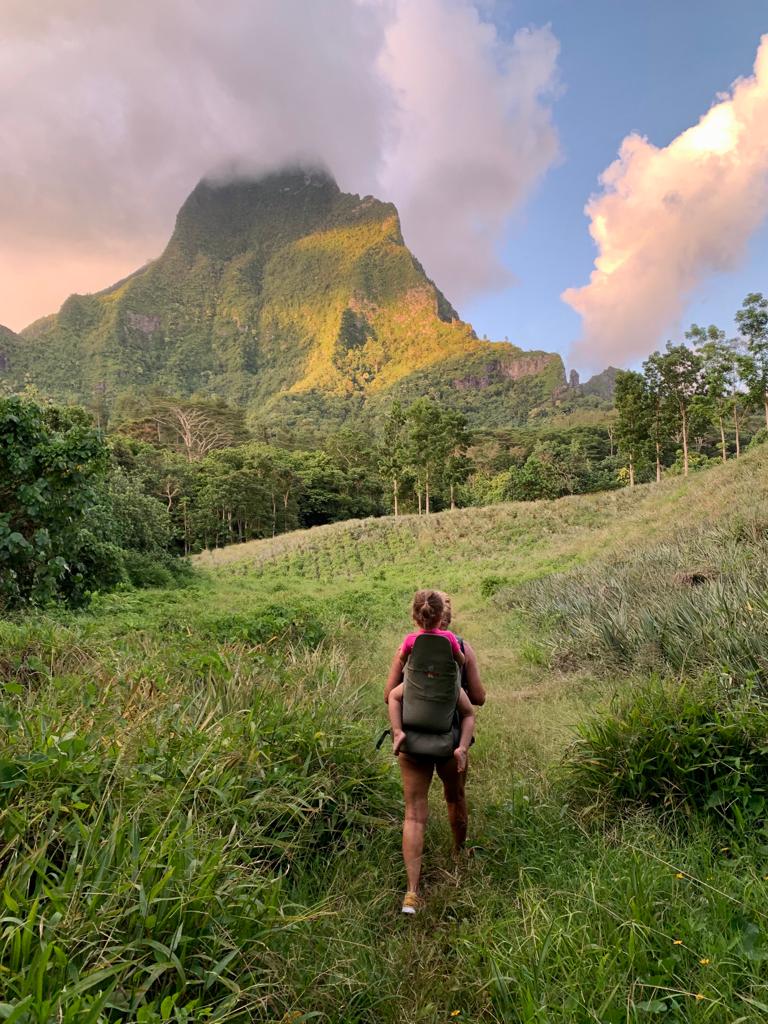Dear Integral Meditators,
The article below explores the idea of mindfulness in relations to our wants and desires and how being mindful of what we want can make a huge difference in relation to our personal happiness.
Yours in the spirit of getting what you really want,
Toby
 Happiness is Getting What You Want?
Happiness is Getting What You Want?
What is it that makes you happy? You can read a lot of books on this topic, but from a mindfulness perspective the best way to investigate this is to observe from your own experience the things that make you happy and the things that make you unhappy, and then proceed to do more of the former and less of the latter.
But it goes a bit deeper than that; as Zig Zagglar said “The chief cause of unhappiness is trading what you want most for what you want right now”. From this we can start to understand (and see from our own experience) that getting what we want in the short term can be a huge obstacle to getting what we really deeply want in the long term.
- We can put off the difficult conversation with our partner/spouse because we want peace in the short-term, but the long term consequences of doing this repeatedly will leave us with (and possibly stuck in) a relationship that we don’t want to be in
- We can take the job that brings us cash in the short term, but it takes all the time and energy that we need to start the business that we really want to do in the long term
- We want and desire to change our body weight/shape/fitness, but we continually become distracted from our long term desire by our short term appetites for unhealthy food
- We deeply want to find a relationship, but we keep giving into our short term desire for safety and non-embarrassment, so we never ask someone out
And so it goes on….
Focusing on what you want and desire as a mindfulness practice
So a really good daily object of mindfulness is the question “What do I truly, deeply want and desire in my life?” Sit with this question for a minute or two. Maybe write down the answer.
Then ask yourself the question “What step, big or small can I take today to move toward that goal?” Follow up your answer to this second question. If you like do this exercise for a month, see what changes.
Each day in unconscious and imperceptible ways we sacrifice our deepest long term desires and wants for short term convenience and small time wish-fulfilment. If you practice being mindful of what you really want, and honour the wisdom that starts to come forth from your heart when you do, you will find that your life will become happier. Not easier, happier.
Related article: Mindful of our conflicting desires
© Toby Ouvry 2014, you are welcome to use or share this article, but please cite Toby as the source and include reference to his website www.tobyouvry.com
Life-Coaching * Meditation Technology











